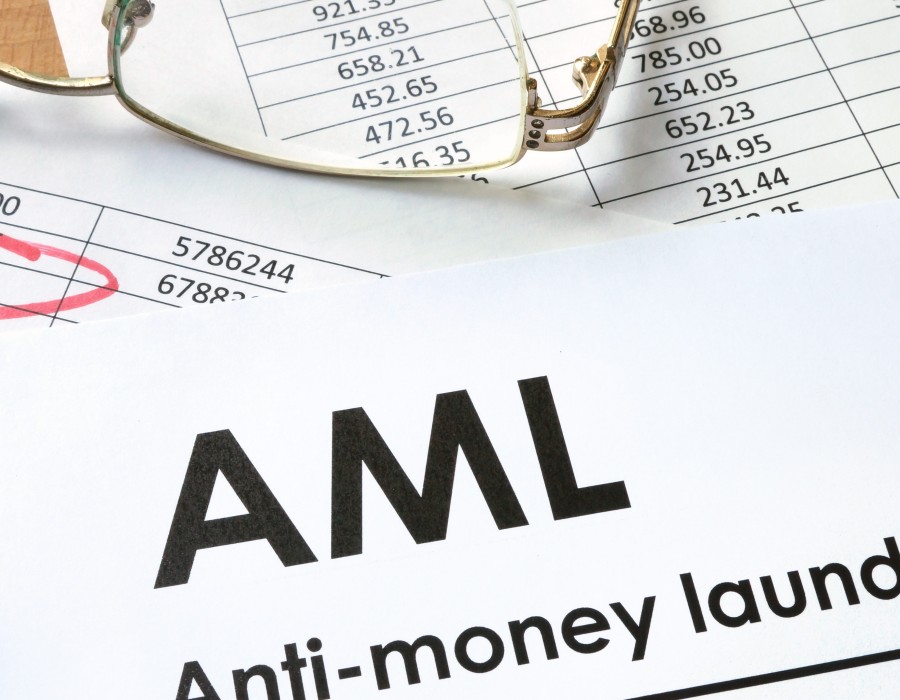In today's rapidly evolving financial landscape, Anti-Money Laundering (AML) compliance is not just a legal necessity but a strategic asset. Moving beyond mere regulatory adherence, integrating AML into the core of your business strategy boosts integrity and competitiveness. This concise guide highlights the transformation of AML from a regulatory task to a fundamental aspect of business ethics and market strength.
Understanding Money Laundering and Its Business Impact
Money laundering disguises illegal profits as legitimate, undermining economic stability and funding further crimes. Recognizing its mechanisms is vital for businesses across all sectors, emphasizing their role in combating this global issue. By understanding money laundering, businesses can better prepare to face and deter financial crimes.
Elevating AML Training: A Custom Approach
Effective AML training goes beyond standard courses, requiring tailored programs that reflect your business's specific risks and operations. Customized training not only ensures relevance but also boosts engagement, empowering employees to actively contribute to AML efforts.
Integrating AML into Your Business Practice
AML should be seen as an intrinsic part of your business, enhancing both operational integrity and customer trust. Operationalizing AML knowledge means setting up systems for monitoring and reporting suspicious activities and fostering a culture of compliance that permeates the entire organization.
Overcoming Compliance Challenges with Practical Solutions
Facing the challenges of AML compliance involves staying up-to-date with regulatory changes, leveraging technology, and promoting a culture of vigilance. Adopting strategies like continuous education and open communication can strengthen your compliance framework, turning potential hurdles into opportunities for improvement.
The Benefits of AML Compliance Beyond Regulation
Adhering to AML regulations is more than a legal requirement; it's a commitment to ethical business practices and a contribution to the fight against financial crime. By deeply embedding AML principles into your strategy, your business not only complies with regulations but also stands out as a trusted, responsible entity in the global marketplace.
Staying Agile in the Face of Regulatory Evolution
In a landscape marked by change, agility in AML compliance is crucial. This means embracing new technologies, adapting to emerging threats, and continuously refining practices. Investing in advanced tools like AI for transaction monitoring and blockchain for traceability can significantly enhance your compliance capabilities.
The Power of Collaboration in Combating Money Laundering
No business is an island in the fight against money laundering. Collaborating with others and engaging with regulatory bodies can amplify your efforts, providing insights into emerging threats and more effective strategies for combating them.
Conclusion: AML Compliance as a Competitive Advantage
Excellence in AML compliance signals to customers and partners that your business is committed to the highest standards of integrity. Investing in AML is not a mere cost but a strategic choice that safeguards your operations, bolsters your reputation, and supports a safer financial ecosystem. For those looking to deepen their understanding and skills, consider exploring https://amlcertification.com/ AML courses to enhance your team's capabilities. Embrace this journey not just for regulatory compliance but to build a business that exemplifies integrity and ethical leadership in the marketplace.






Comments